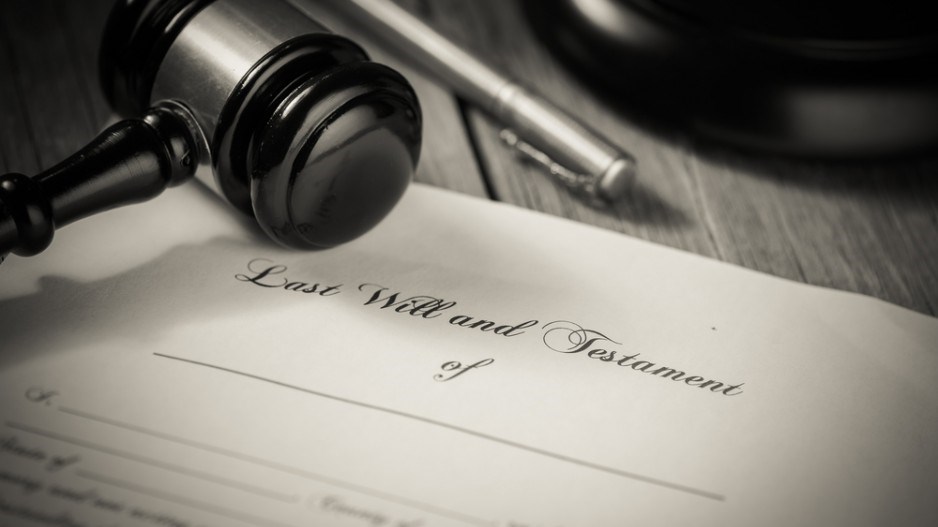There are countless stories about family disputes after a loved one has died. Maybe it was Dad’s pocket watch that everyone wanted, or maybe John was given more than Joan. Estate disputes within families can cost tens, even hundreds of thousands of dollars in legal fees, and even tear families apart. But, with a properly prepared estate plan, the chance of these disputes can be greatly reduced.
Personal effects •Some of the biggest disputes are about the smallest of things – personal items. Unlike money, these cherished belongings can’t simply be split two or three ways. Typically, these disputes happen where there is no will or the will simply divides everything among a group of people with no further detail. There are many techniques that you can use in advance to help eliminate these disputes.
With certainty comes serenity. If you know which items you want to go to which people, there are several techniques you can use to minimize the chance of disputes. One technique is to give items away during your lifetime. But most people are not willing to go to such lengths to avoid disputes. Others stick pieces of tape with people’s names on them on all the items in their house. Of course, then they have to worry about people switching the pieces of tape around after they die – which does happen. Alternatively, many people write a letter of wishes that details gifts of personal effects that they keep with their wills. Care must be taken with the wording used in these letters, however, to avoid ambiguity leading to disputes. And finally, gifts of personal effects can be written directly into a will, or into another document that is incorporated into the will. This is the most sure fire way to make your wishes clear to everyone, but amending this document often could be costly.
Distribution is often not that straightforward though. Sometimes a parent does not want to make decisions early. In this case, instead of deciding on specific gifts in advance, parents can simply set out a method of distribution of their personal effects in their will. There are many possibilities for the type of method.
One of the simplest forms is what I call the “hockey pool” method. If there are three children, write the numbers one, two and three on pieces of paper and then put them in a hat. Each child picks one piece of paper. Whoever picks the number one chooses whichever of the personal items that he or she wants first. After that, number two picks, then three. The order is reversed for each consecutive round: three, two, one and so on until all the personal effects are distributed.
Another method is for the executor of the will to list all the personal effects, give the list to each child, and have each of them independently rank each item on the list in order of preference. The executor then compares the lists from all the children and gives each item to the child who ranked that item the highest.
Most of these methods aim to treat the recipients equally to attempt to minimize the chance of disputes. But what if you don’t want to treat everyone the same?
Unequal distribution •An unequal distribution of personal items or money among family members cuts to the heart of relationships. This is emotionally harsh when the beneficiaries are all children of the deceased. In B.C. this can be very expensive as well, as spouses and children have the right to challenge the will in court. With some early planning, people can minimize the chance of prolonged and expensive disputes after their death.
If you are set on distributing unevenly among your children, or towards your spouse, most professionals would advise you to take assets out of your estate and distribute them otherwise. Remember, your will deals only with assets in your estate, and your family can easily contest your will. There are other ways your family can challenge your estate plan, but none is as straightforward as challenging your will. Some of the ways to take assets out of your estate are: making assets joint with right of survivorship with someone else, designating someone as beneficiary, and transferring assets to someone else outright or by way of a trust during your lifetime. In all of these cases, because there could be brutal legal and tax implications if done incorrectly, everything must be properly documented and done with the help of a professional.
Providing guidance in advance on the distribution of your personal effects and seeking professional advice when considering unequal distribution are great ways to prevent disputes after you die. With a well-thought-out estate plan, you’ll leave a legacy instead of a calamity.




